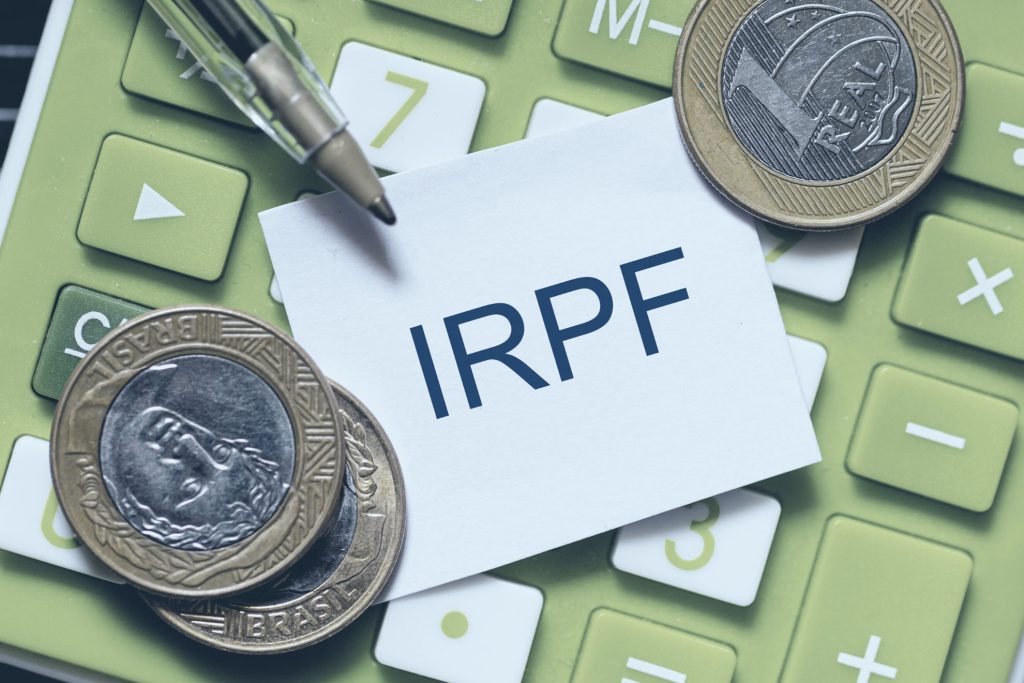It is commonplace for workers to have many doubts and queries about the application of this tax to their payslip. Therefore, in this article we will try and clarify matters and outline the different practices in relation to this tax.
1. What is IRPF?
Personal Income Tax (IRPF) is a basic annual tax in Spain which is levied on the income obtained by individuals in the calendar year from January to December.
It is the company that is responsible for applying and retaining IRPF on each worker’s payslip in accordance with the income they have obtained during a year. A sum is deducted from the gross salary which the company must pay to the Tax authority within a set period of time.
These declarations made by the company are payments on account towards the future income tax declaration which every worker must present.
It is important to emphasise that, if the company does not comply with the obligation to make an annual retention in accordance with the worker’s income during a fiscal year, it will be the worker who will have to pay the difference when their income tax declaration is made, and the company will be fined by the tax authority.
2. How does the company know how much IRPF it has to deduct from each worker?
Based on the modifications proposed by the government, new regulations and modifications of the law that affect the calculation of the IRPF rate are published. It is vital that the company is up to date with these modifications, so that it fulfils its obligations towards its workers correctly.
In order to obtain the percentage to be applied, account will be taken of the gross income, subtracting the deductions recognised by law, such as the Social Security contributions made by the worker, for example. The IRPF rate is always a percentage that will be applied to the IRPF tax base.
3. What is meant by annualising the IRPF rate?
To correctly calculate the IRPF rate, account must be taken not only of the gross annual salary agreed, but also of the variable payments obtained during the previous year.
In order to guarantee a sustained and stable deduction that does not lead to an excessive variation in workers’ net salaries, it is a customary and recommended practice to annualise the IRPF rate.
There are two situations in which particular note should be taken of this practice:
- Beginning of the year: It is mandatory to make an annual calculation of the IRPF rate with reference to the parameters mentioned earlier: gross salary + variable payments in the previous year, or gross salary + the variable payments that the worker is going to receive in the current year if the company already knows these, and they are higher than those of the previous year.
- New incorporation during the year: In principle, the company is only obliged to make a retention based on the sums of money received by the worker as a result of his/her employment relationship with the company. Nevertheless, it is well known that workers with more than one payer normally have to pay in when they make their tax declaration. In order to ease or to avoid this situation, if the company annualises the IRPF rate as if the worker had been present for the whole year, in the end the worker may not have to pay anything when they make their declaration.
4. What is the adjustment of the IRPF rate?
Adjustment of IRPF refers to the review and modification of the IRPF rate on the worker’s payslip. The objective is to adjust the percentage of IRPF in accordance with the different situations in which workers may find themselves during the tax year.
Examples of these situations are:
- Receiving more salary: salary rise or higher variable payments than those of the previous year
- Receiving less salary: possible reduction of the working day or receiving lower variable payments than those of the previous year
- The birth/adoption/fostering of a family member
- Recognition of the worker’s disability or the disability of a direct relative (ascending relative or descendant living with the worker)
- Geographic mobility
- If the worker allocates sums of money to the purchase/refurbishment of the primary residence (provided income does not exceed €33,007.20/year)
- Alimony paid to the spouse and/or annual food allowance payments for children
- Having full custody of descendants
The worker is obliged to inform their company of any of these situations by means of Model 145, so that the company is aware of their circumstances and can act accordingly.

5. When must the adjustment of the IRPF rate be applied?
Agencia Tributaria (the Spanish tax authority) establishes that when one of the events listed in the previous question occurs, the new IRPF rate corresponding to the adjustment must be calculated and applied to the worker’s payslip.
Nevertheless, at Rosclar we are inclined to review these circumstances on a monthly basis, for our experience tells us that there are a great variety of events that affect the IRPF rate in relation to payroll. The aim here is to avoid drastic changes that will lower the net salary workers are used to receiving and destabilise their personal economy, so this is just another way in which to look after employees. Moreover, this helps to considerably reduce variations in this respect at the end of the year.
6. If in December the IRPF rate decreases considerably, does this mean that it has been incorrectly calculated throughout the year?
No. As we have already mentioned, the basis for calculation of the IRPF rate is the anticipated annual income, and the rate is adjusted during the year in accordance with the events that affect the worker. It is not until December that the company has reliable knowledge of the worker’s actual income, and therefore this is when a final adjustment of the IRPF rate is made.
Hence the importance of applying the adjustments regularly or when an event occurs. It is also important to check that our income has not changed significantly with respect to the previous tax year.
7. Is the whole salary taxable / is it taxed at the same rate?
No, there are some salary and remuneration items that are not taxable in their entirety and some that are not taxable at all. We must distinguish between those items that are exempt and those that reduce the IRPF tax base.
We have already mentioned social security contributions, and we can add other examples, such as:
- Redundancy payments (through a conciliation procedure)
- Subsistence and travel allowances
- Flexible remuneration (link to the article on flexible remuneration)
- Income received for work performed abroad (7p)
- Income received, accrued in more than a year (Irregular income)
8. Does the place where you pay tax affect the deduction?
Yes, since in Spain there are some regions that have different deduction rate methods or applications. Therefore, it is important to note that workers living in any of the provinces of the Basque Country or in Navarra are subject to a different tax treatment.
Furthermore, it should be remembered that each autonomous community has certain control over some tax brackets, and the effects of this are applied directly to each individual’s annual income tax declaration.
It is essential to remain up to date with new developments, comply with tax obligations, and stay alert to how changes in IRPF affect payroll. At Rosclar, we have many years of experience in payroll management, so please do not hesitate to contact us. It will be a pleasure to advise you.




